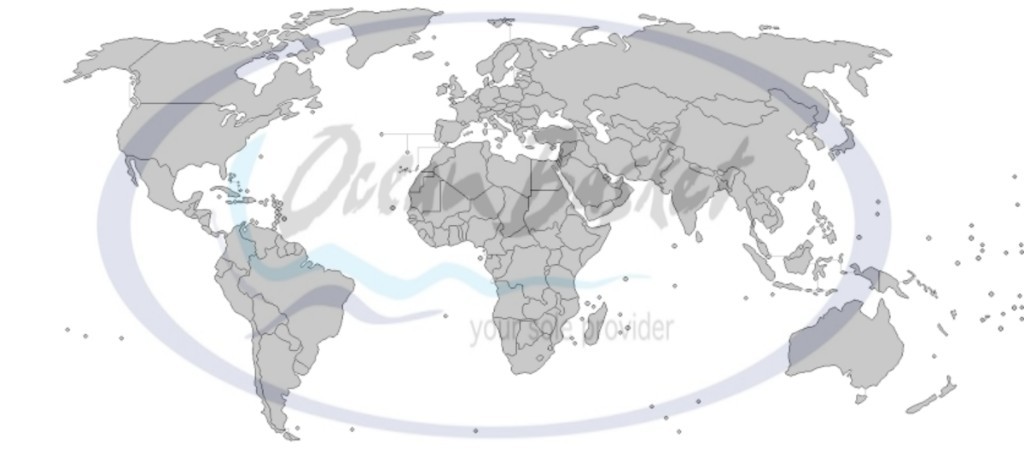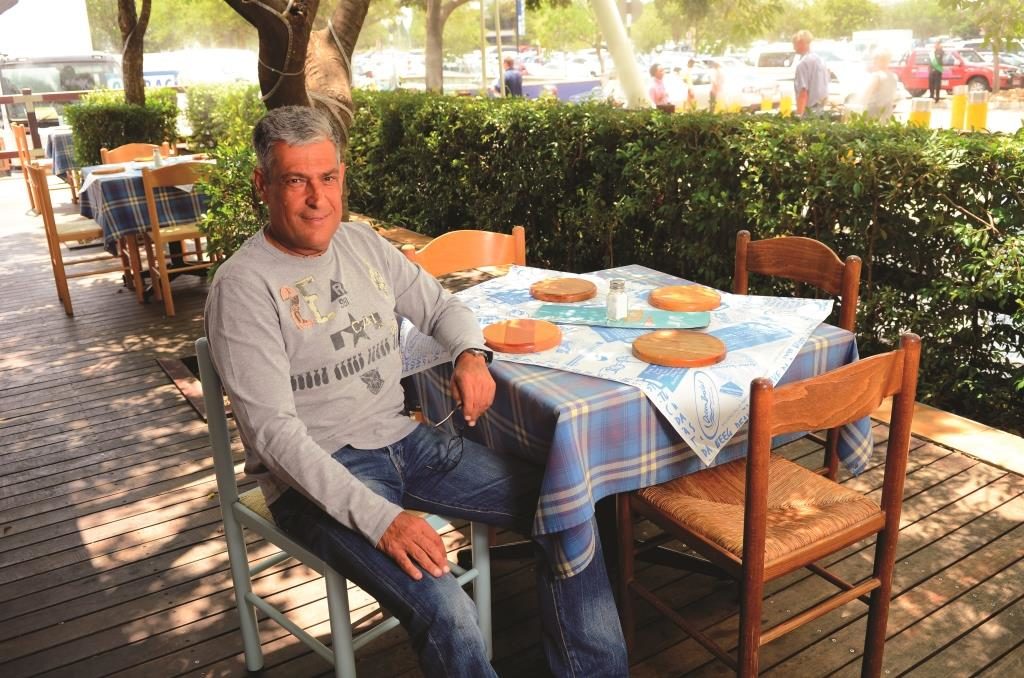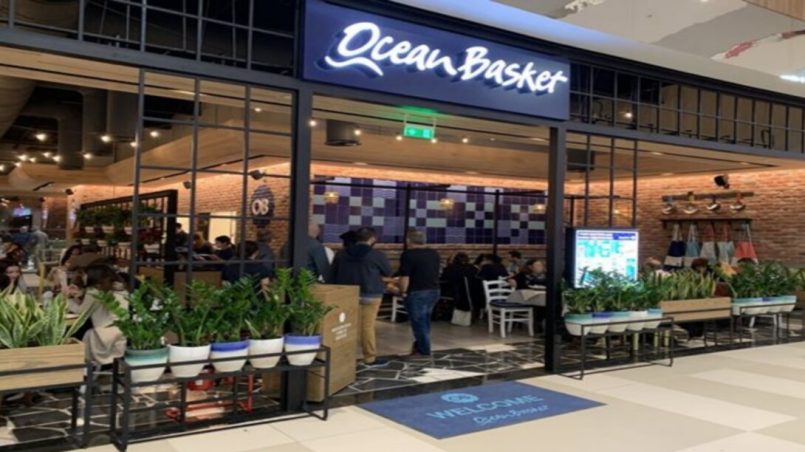Peter “Fats” Lazarides left school at the age of 16 and went on to fulfill his military requirements to get it past him.
This was during SA’s apartheid era, when young men would do their national service and then have 10 years of potential call-ups. Lazarides talked his way out of the call-ups and managed to get an exemption to allow a short service.

After 3 years of being in the navy, Lazarides got a job in Sun City at Squires Loft, where he fell in love with the restaurant business. Growing up, he always talked about business and opportunities, that’s the only thing that occupied his mind.
He left Squires after two years and decided to broaden his skills-base, by learning carpentry from his father, and also plumbing & shop fitting.
He opened his first restaurant in Pretoria in the late 1980s. Although the restaurant was a success, he realised it wasn’t “the one” and sold it after a few years.
Thereafter, he got a job position as a receiving manager at a Spar owned by his brother in law. He still continued to learn and look for other business opportunities.
OCEAN BASKET

In 1995, while still working for the supermarket, his wife called him one day and told him that she’d seen an open site at Menlyn Park Shopping Centre in Pretoria.
The only problem was that 40 other people were after the lease.
With the simple idea of having a seafood deli and small restaurant, Lazarides had a long discussion with the landlord, Yuri Haussmann, who threw millions of questions at him.
When Yuri asked if whether Lazarides had a business proposal, he answered yes except, the proposal wasn’t in document form but rather, in his mind.

After that answer, Lazarides should’ve gotten the boot but his confidence intrigued Yuri, so much so that he gave him an hour to present to him his plan. In the end, Lazarides managed to convince Yuri of the unheard-of idea.
He was 32 at that time, with a start-up capital of R800 and a detailed plan of how he was gonna execute his Ocean Basket vision.
The country was in turmoil at the time, but Lazarides saw an open opportunity to exploit the market.
Growing up as a regular guy, he only saw wealthy people enjoying seafood and that didn’t sit well with him, so he decided to focus his efforts on making seafood more accessible to the general population, by offering a simple menu with affordable seafood-only dishes.

On 12th of April 1995, the first Ocean Basket store was launched in Menlyn by Lazarides, George(brother), and a third partner, George Nichas.
When he started, his friends and other business people thought he was mad, and told him people in South Africa wouldn’t eat seafood, as they were used to chicken, burgers and pizza.
RESTRICTIONS
According to Lazarides, the five-year lease with Yuri had very strict conditions.

On the contract, it was stated they could only serve 5 proteins (calamari, kingklip, sole or linefish and prawns), 2 starches (rice or chips), sell one type of wine and two types of drinks. No salads or desserts were allowed, and on top of that, the store had to close by 7pm.
Instead of feeling overwhelmed by the challenges, Lazarides was thrilled by the feeling of having to find solutions. For every restriction, Lazarides and his brother found a solution.
The recipes for the restaurant were inspired by Lazarides’ mother. His brother George, alongside a staff member, developed the rice and the creamy lemon sauce recipe.
Despite the odds stacked against them, Ocean Basket became a surprise hit. People queued for the fresh seafood and brought along with them their own salads, bread and cold drinks.
From the get-go, Lazarides always knew that in order to succeed, he had to start something unique and couldn’t get stuck in the sea of sameness. He had to stand out, even though standing out was scary. He realized earlier on that he had nothing to lose and everything to gain, so he gave it his all.
FUNDING
To fund Ocean Basket, Lazarides borrowed money from people who believed in him and his crazy ideas, as banks refused to finance him. He used the contacts he made in the building, shop-fitting and catering supplies industries. His reputation was solid and people knew he always stuck to his word.

He managed to convince them to allow him to pay for materials and services with DP-cheaques.
With this arrangement in place, when their suppliers would cash the next cheaque, the only way it wouldn’t bounce, was if they had made enough money to cover their debts.
He kept the costs of the business low by having very few items on the menu. He cross-utilised ingredients, this canceled all the extra equipment or staff usually required by a more diverse restaurant.

According to Lazarides, Ocean Basket never really had a huge marketing budget, and still doesn’t to this day. Their initial marketing plan was to open restaurants in high-foot-traffic areas like shopping centres.
He figured consumers who passed by would see the queues at the restaurant and word-of-mouth will spread by itself, as he believed in the food so much.
EXPANSION
Ocean Basket’s reputation in the industry was so good, that only 30% up-front capital was needed to get each successive store off the ground. The rest was paid back through regular trading.

By 2002, the restaurant had reached a milestone of 50 outlets. This happened so quickly that Lazarides had to restructure the back-office model to facilitate exponential growth.
From its humble beginnings in Menlyn, there’s now over 200 Ocean Basket franchise stores around the world, with over 170 of those stores located in South Africa. There’s also stores Zambia, Namibia, Swaziland, Botswana, Zimbabwe, Kenya, Nigeria, Egypt, Mauritius, Cyprus and Dubai, United Arab Emirates.
By 2014, the group’s global turnover was around R2 billion for the stores and the four warehouses. On average, an Ocean Basket establishment makes nearly R8.5 million a year, while the setup costs are about R2.5 million.
According to Lazarides, he wants more people to buy into his franchise; he is encouraging them to do so by cutting the setup cost by 20%.
LONGTERM SUSTAINABILITY
As a teenager, Lazarides saw many Café owners hold on to their businesses until they were 80. So to prevent the same thing happening to Ocean Basket, Lazarides says its important for the founders to step down at some point and let fresh blood lead the way, a process which began in 2012.
3 STEP RECIPE….
Peter Lazarides’ entrepreneurial skills catapulted Ocean Basket into one of the largest restaurant chains in the African continent.

He mostly abided by his 3-step-recipe to success: good food, good service and good price…..he strongly believes with this recipe, customers will keep returning to dine at Ocean Basket.


